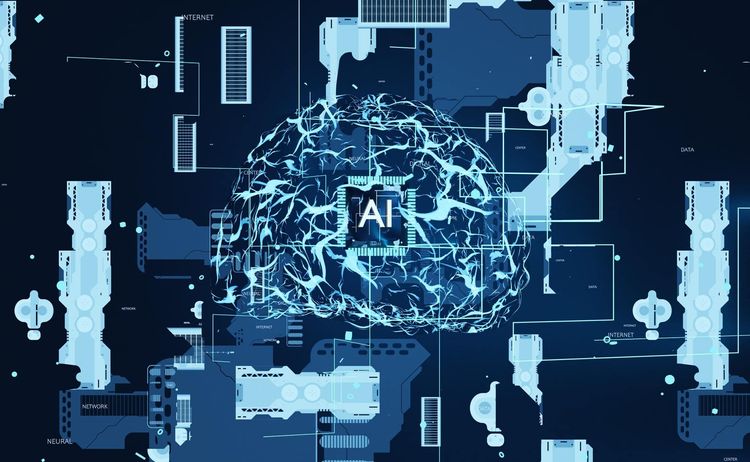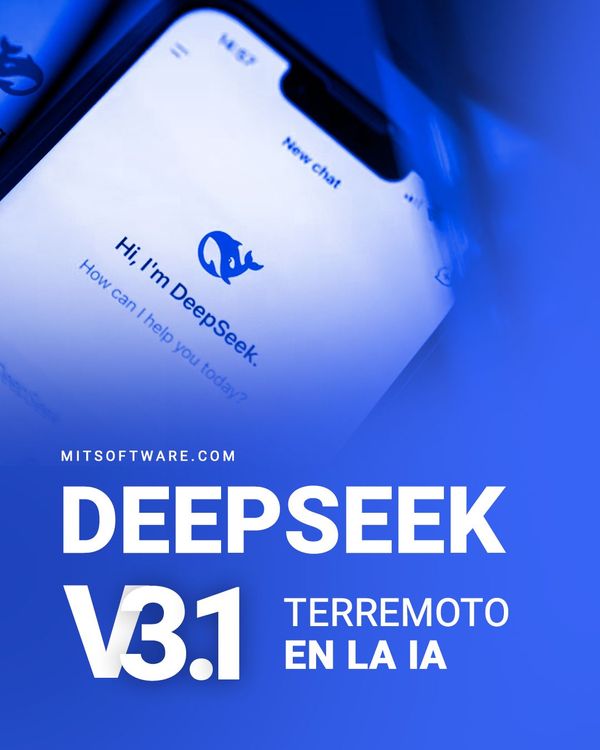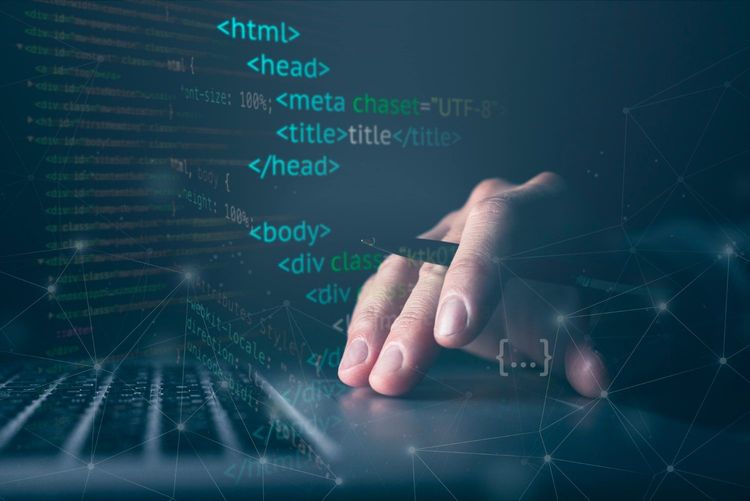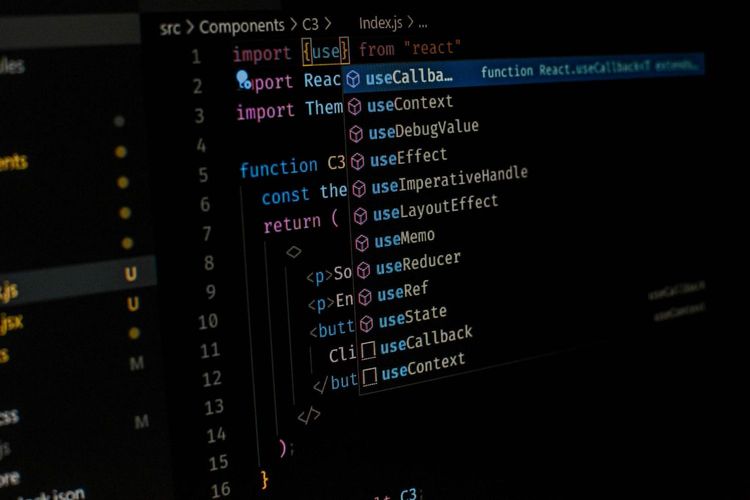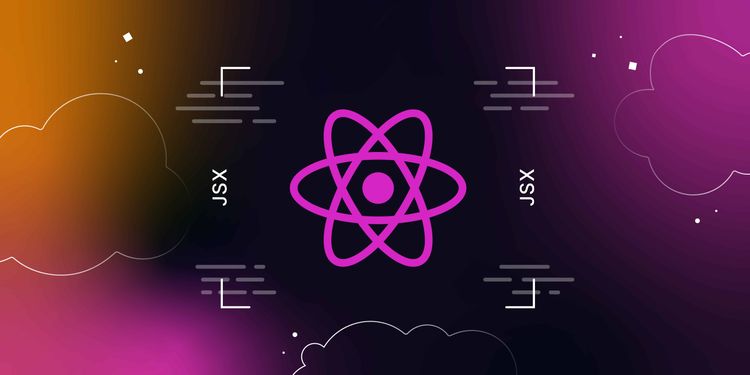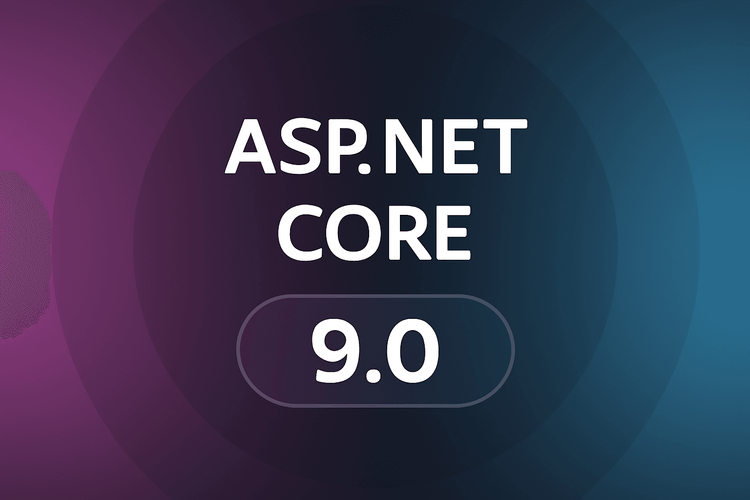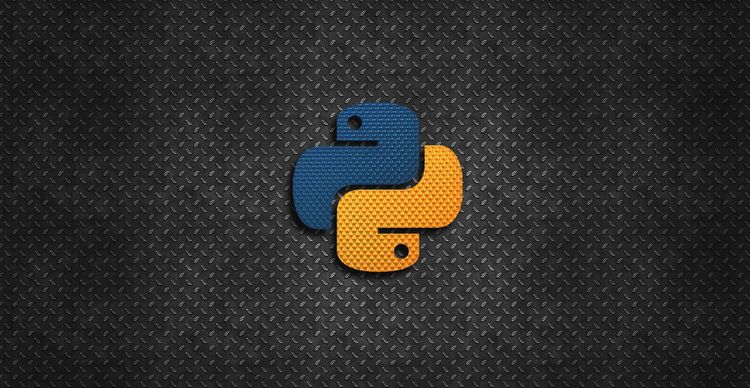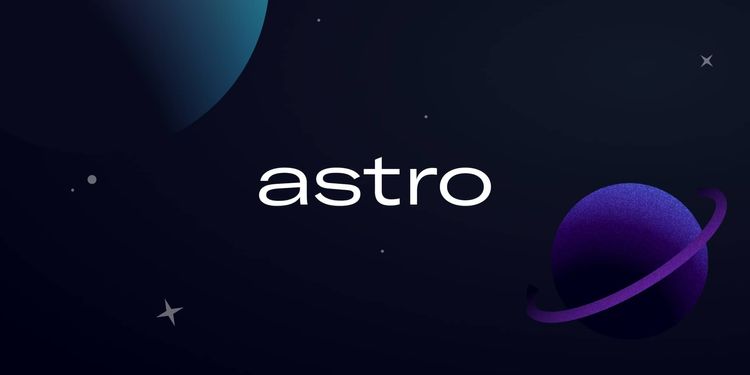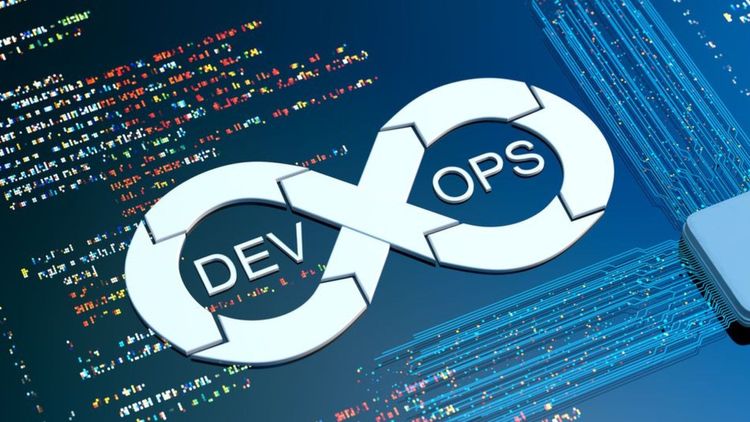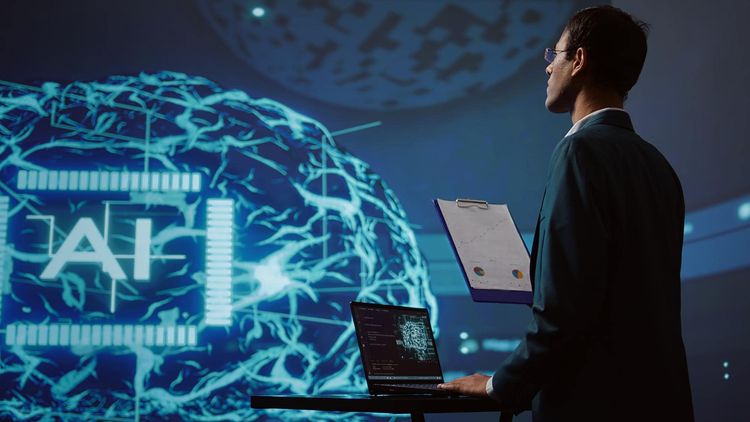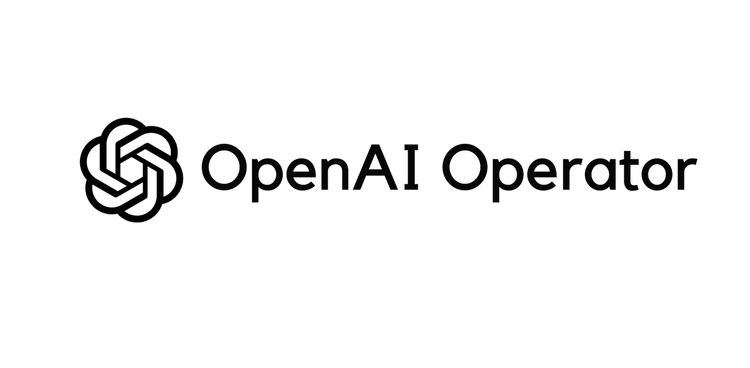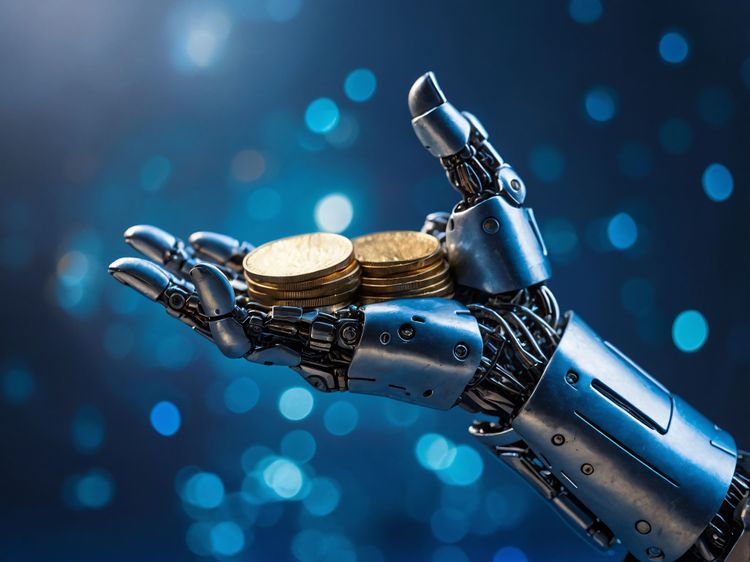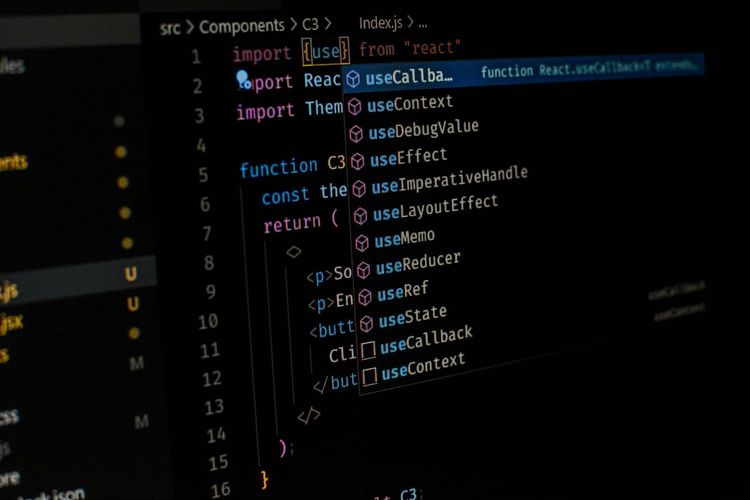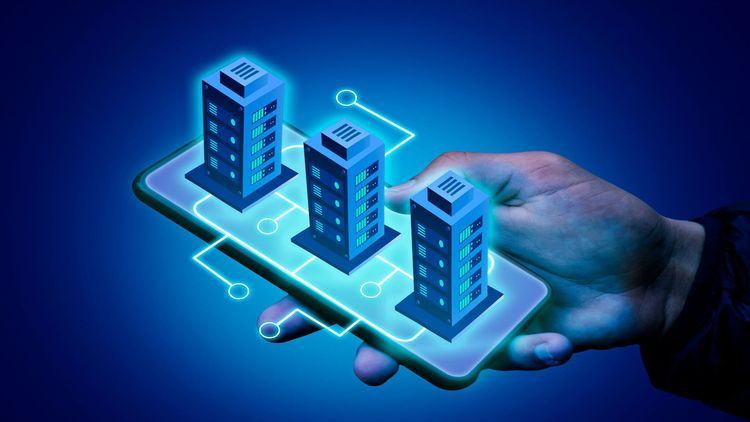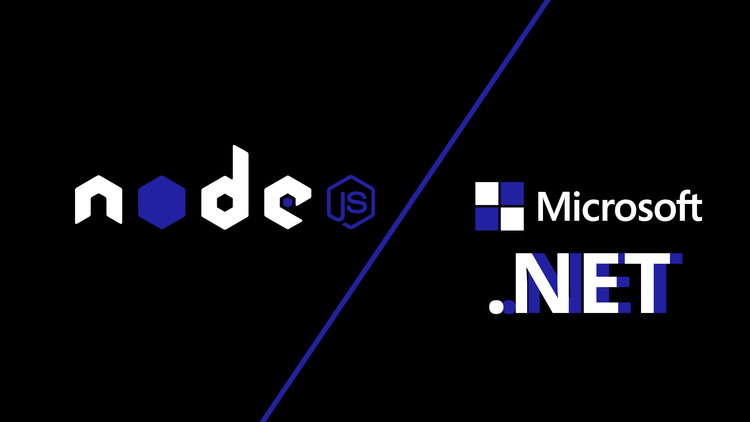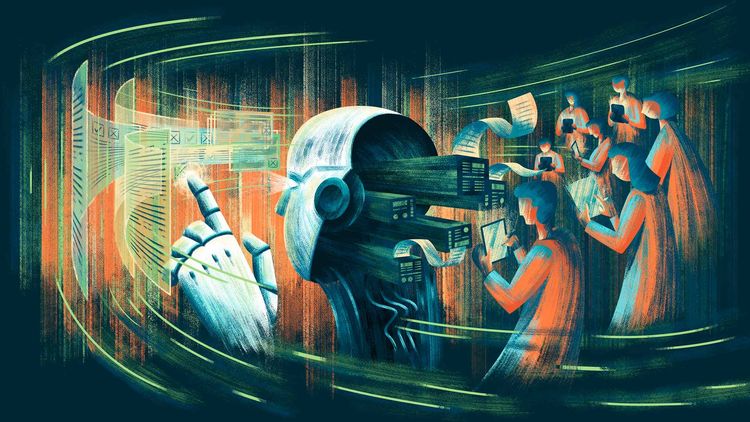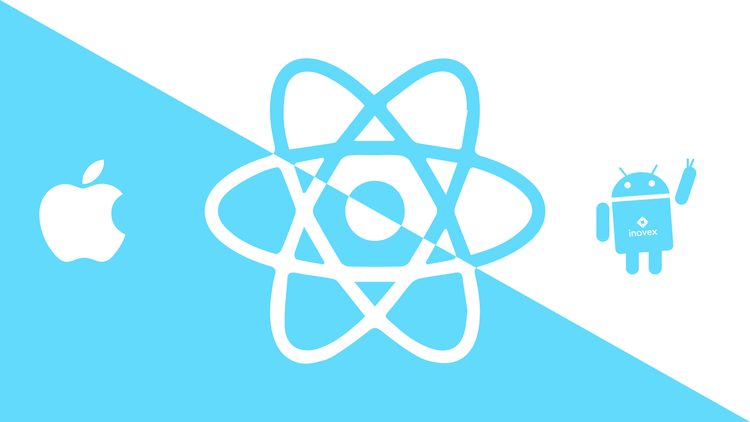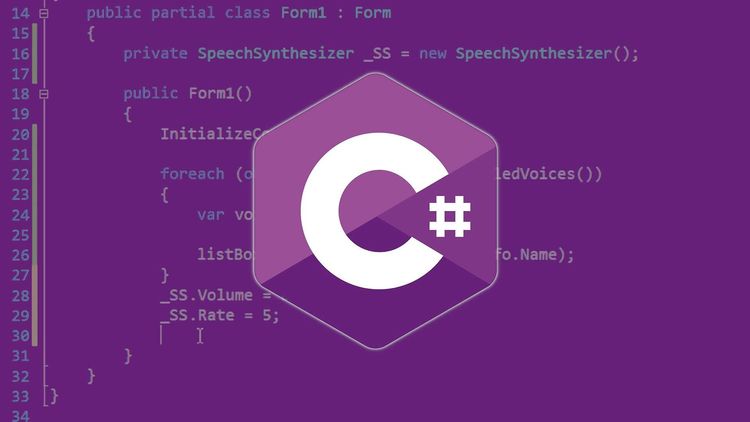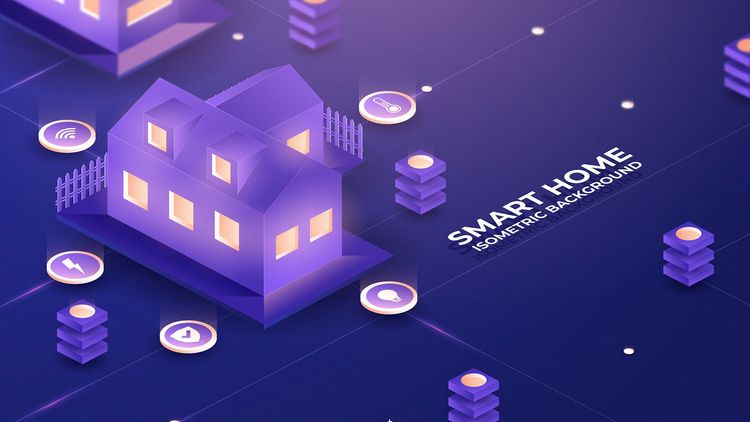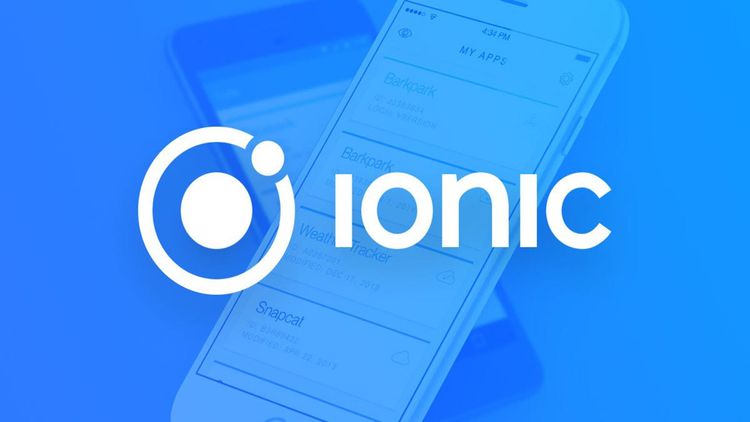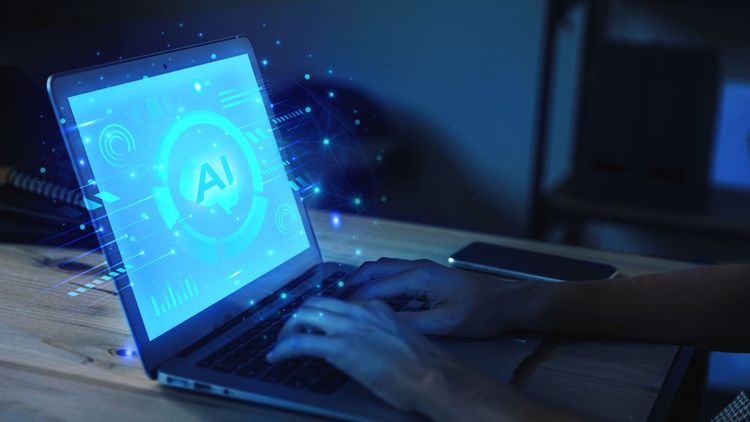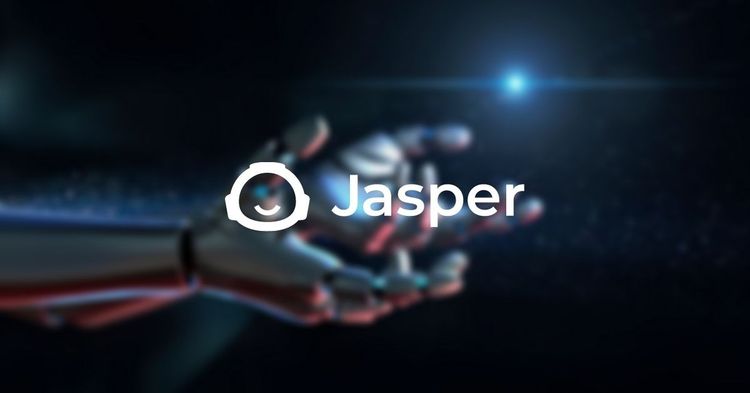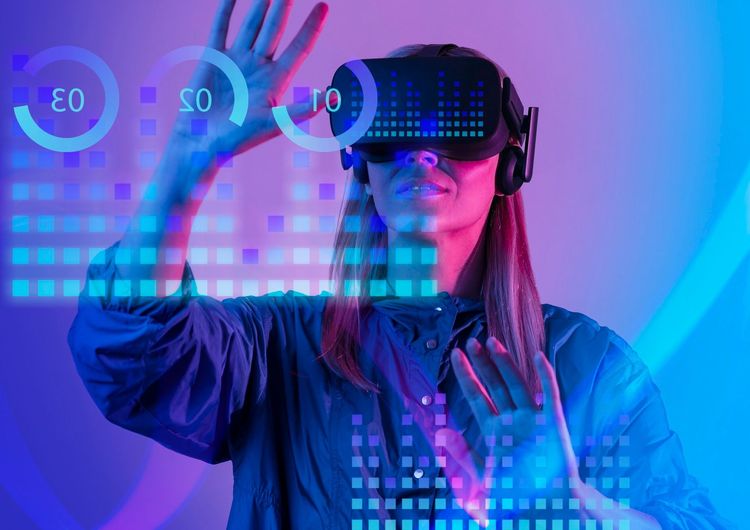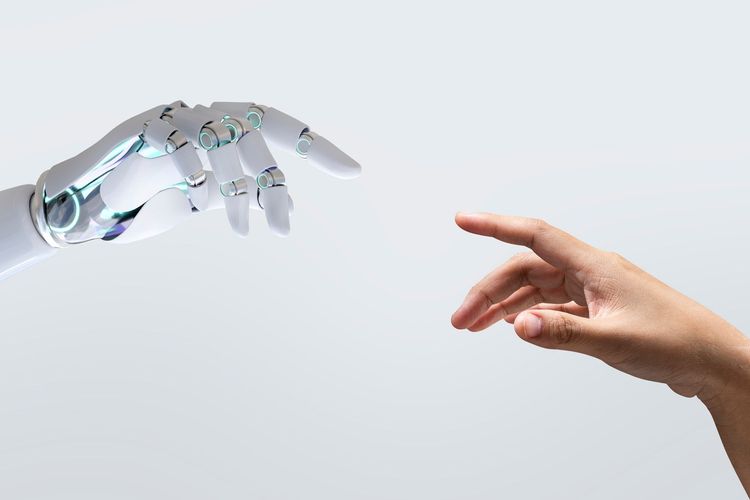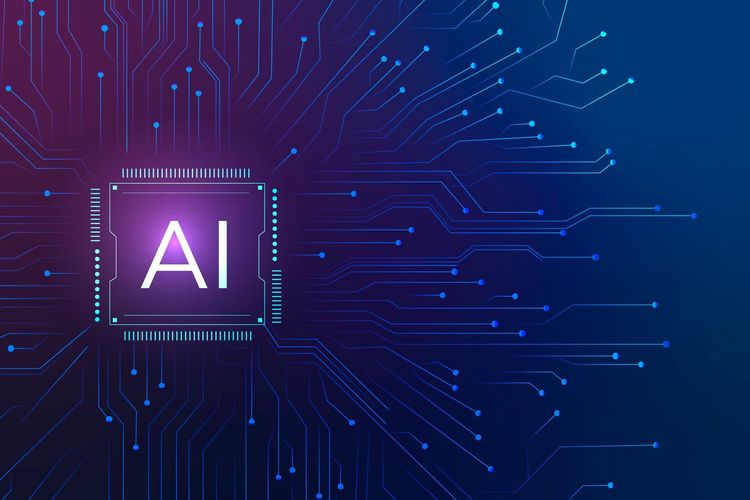In 2025, the software industry is being shaken by a revolution driven by autonomous artificial intelligence agents. This new generation of tools goes far beyond simple code assistants: they are systems capable of planning, executing, and optimizing development tasks without direct human intervention.
In this article from MITSoftware, we will explore in depth what autonomous artificial intelligence agents are, how they are transforming the industry, and why it is essential to integrate them into your development strategy to remain competitive.
What are autonomous artificial intelligence agents?
Autonomous artificial intelligence agents are software systems that utilize AI technologies, machine learning, and natural language processing to make decisions, execute tasks, and solve problems independently. Unlike traditional bots, these agents are designed to adapt to changing environments and learn from experience.
Key characteristics of these agents include:
- Autonomous task planning.
- Integration with modern development tools (such as GitHub, Jenkins, Docker).
- Execution of tests, bug detection, and code refactoring.
- Ability to collaborate with humans and other agents.
The evolution from traditional assistants
Previously, developers relied on tools like GitHub Copilot or ChatGPT for suggestions or code examples. Although useful, these tools required constant user direction. Autonomous artificial intelligence agents, on the other hand, operate with greater independence.
Platforms like Devin from Cognition are leading this change. Devin is an autonomous software engineer capable of fixing bugs, generating pull requests, and maintaining cloud infrastructures with minimal supervision.
Practical applications in software development
In modern development environments, autonomous artificial intelligence agents can:
- Identify and fix security vulnerabilities.
- Automate unit and integration testing.
- Keep CI/CD pipelines running smoothly.
- Suggest performance improvements in real time.
- Automatically generate technical documentation.
Benefits for software companies
Companies like MITSoftware are already exploring the use of autonomous artificial intelligence agents to:
- Reduce operational costs.
- Increase delivery speed.
- Decrease human error margin.
- Allow developers to focus on higher strategic value tasks.
Examples of emerging platforms
Devin from Cognition Labs
A pioneering example in this field is Devin, an autonomous agent capable of managing complete projects. It can interpret JIRA tickets, write functional code, and test it in virtual environments.
AutoGPT and BabyAGI
Tools like AutoGPT and BabyAGI explore the creation of agents with emerging cognitive capabilities, designed to solve complex tasks iteratively and collaboratively.
Impact on development roles
With the adoption of autonomous artificial intelligence agents, the role of the developer is evolving. They are transitioning from task executors to supervisors of intelligent systems. This poses new skill requirements:
- Understanding AI algorithms.
- Ability to audit automated decisions.
- Multidisciplinary collaboration skills.
Ethical and security considerations
The use of autonomous artificial intelligence agents also poses challenges:
- Algorithmic transparency.
- Responsibility in case of errors.
- Data security.
It is essential to establish regular controls and audits and to apply principles such as those promoted by OpenAI regarding responsible AI.
Future of autonomous artificial intelligence agents
In the coming years, we will see more sophisticated agents with multi-reasoning capabilities, semantic data integration, and natural collaboration with humans. Companies that adopt these technologies first will have a clear competitive advantage.
Autonomous artificial intelligence agents are redefining how we develop software. At MITSoftware, we are committed to innovation and the integration of these technologies to provide cutting-edge solutions to our clients. If your organization wants to keep pace with the future, it’s time to seriously consider adopting autonomous agents.


